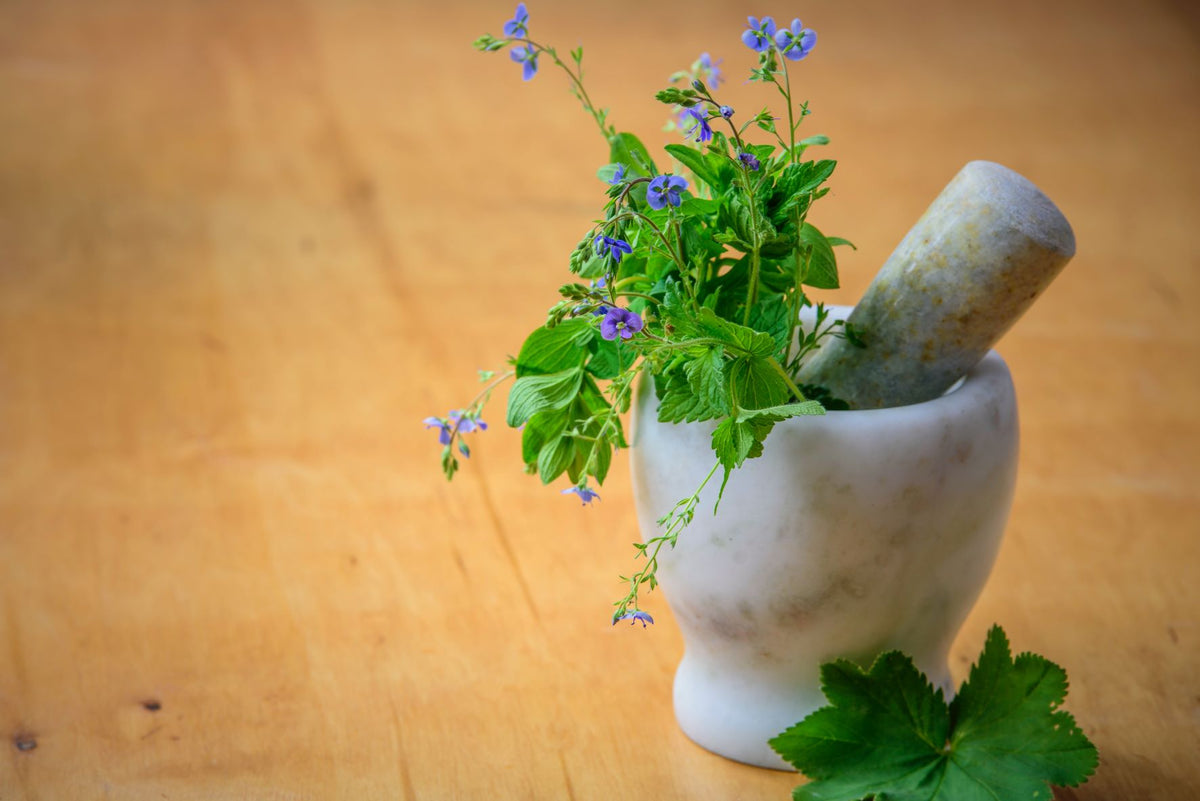02nd November 2021
Why Zinc Is Critical for Wound Healing
Dr. Devan Patel, PharmD
We’re often used to hearing our parents lecture us about our daily intake of nutrients and vitamins. However, nutrition and vitamins play a key role in optimal health – this includes wound healing.
Zinc is a mineral that plays a huge role in wound healing. Whether you’ve suffered from a recent accident or have a minor injury, zinc provides your body with the necessary means to effectively repair your wounds. Keep on reading to learn more about the role zinc plays in wound healing, recommended intake and how you can make sure you get the recommended daily dose of zinc.
Zinc and Wound Healing
When you sustain an injury, your body has an innate and natural response to your wound. The body automatically activates a series of steps to ensure your wound stays uninfected and begins to repair the skin as soon as possible.
These are the 4 stages of wound healing and how zinc helps with each phase:
1. Hemostasis Phase
Prevents blood loss through the formation of blood clots, constricting blood vessels, etc.
In the first phase, zinc helps with the formation of blood platelets. Blood platelets are released to create a clot on the wounded area to prevent excessive blood loss. When zinc is present, it ensures the blood platelets can properly stick together during the hemostasis phase.
2. Inflammatory Phase
Destroys bacteria on wounded sit to prevent infections.
Zinc is also an essential component in the second phase. The cells responsible for killing bacteria (called macrophages and neutrophils) in the wounded area require zinc to function properly. Low zinc levels cause these cells to lose their function. This loss of function can result in a build of bacteria and infection in the wounded area.
3. Proliferative Phase
Initial repairing phase of the skin where new blood vessels and tissues form.
In the third phase, fibroblasts are needed to build new skin tissue. Fibroblasts require zinc to form and carry out their functions. Additionally, zinc is needed to ensure the new skin cells maintain their structure.
4. Maturation Phase
Continuation of skin repair and the focus is on strengthening the skin.
As evident in this breakdown above, zinc is important at all levels of wound healing. An insufficient level of zinc can result in a poor and prolonged recovery. Additionally, as evident from many research studies, those who suffer from zinc deficiency benefitted from zinc supplements concerning their wound healing process.
How Much Zinc Should I Consume Daily?
The recommended intake of zinc highly depends on your gender and weight. For women, the recommended intake by professionals is around 8 mg a day. Alternatively, for men, experts recommend a daily intake of 11 mg. Be aware that this is only an average – other health conditions may affect the amount of zinc you should take.
Sources of Zinc
While the benefits for wound healing sound great, what food sources are high in zinc? Luckily, there are a variety of ways you can intake zinc including supplements and more. Here are a few options for you.
Food Zinc Sources
Many foods include zinc. For example, red meats and poultry have a high amount of zinc and is usually how people consume their daily recommended intake of this essential mineral. Alternatively, if you’re vegetarian or vegan, beans, nuts and whole grains also contain a rich source of zinc. However, in comparison to every food, oysters have the highest percentage of zinc per serving.
Supplement Zinc Sources
Depending on the brand and the supplement, each supplement varies in the amount of zinc available. The supplement also contains several different forms of zinc. For example, there’s zinc sulfate, zinc acetate, etc. These different forms of zinc contain varying levels of zinc.
When you use WoundVite to meet all your nutritional needs for wound healing, we have 15 mg of zinc chelate, a more bioavailable form in one supplement. This meets your daily recommended intake of zinc and can help speed up your wound recovery process.
Besides zinc, WoundVite contains 20 other nutrients, vitamins, herbs, and minerals that all aid in the wound healing process. With one simple pill, you can have all the nutrients and vitamins you need to get back to your normal life.


